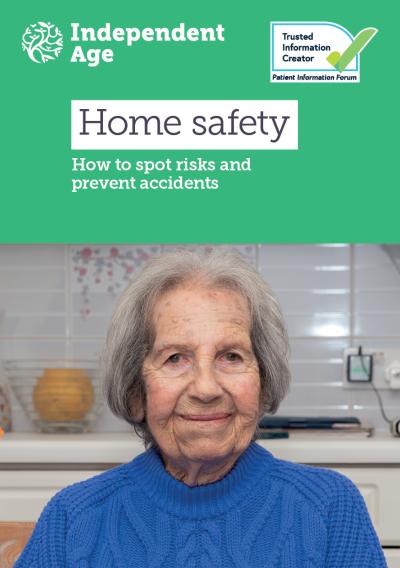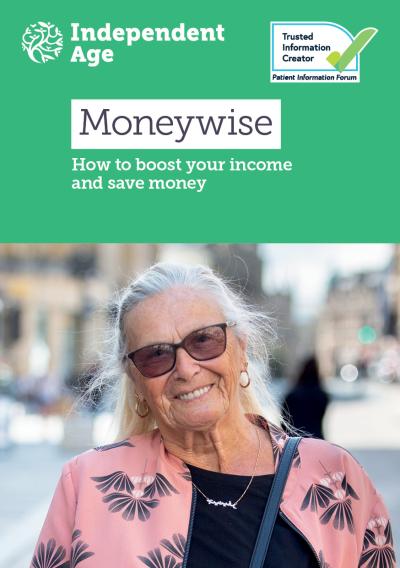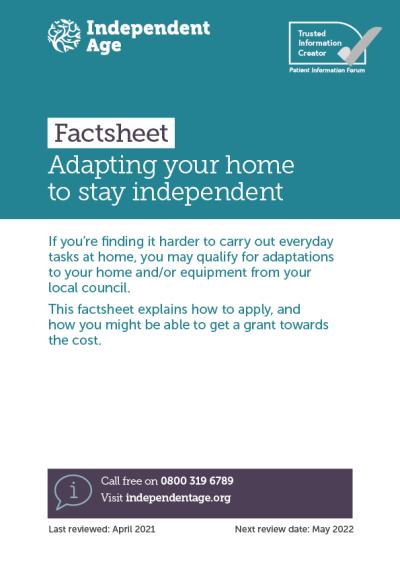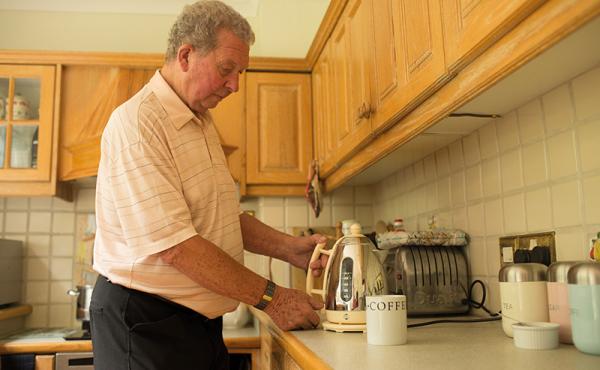Related publications

Home safety

Moneywise


There are many potential hazards in the kitchen, as well as the risk of fire, spills and food poisoning. If you follow some simple precautions, you can prepare your food safely and prevent accidents.
Accidents can happen. But by following some simple safety measures, you can reduce the risk of an accident in your kitchen.
There are many small aids and gadgets that can help you stay safe in the kitchen, such as kettle tippers, tap turners and reaching tools. You can get more information from Living made easy.
You can also get special equipment if you're living with sight or hearing loss, such as:
If you think you’d benefit from some home adaptations, for example, having your kitchen cupboards or work surfaces lowered, contact your local council for a free care needs assessment. Ask for the assessment to involve a trained professional from the occupational therapy team. See our factsheet Adapting your home to stay independent for more information.
The kitchen is the highest fire risk area in the home. More than half of accidental fires are started by cooking, often when cookers and grills are left unattended. When you’re cooking:
If a pan catches fire, never throw water over it. Turn off the heat if you can, then leave the kitchen and close the door. Don’t take any risks if there’s a fire. Follow the fire service advice - get out, stay out and dial 999.
A build-up of fat and grease on appliances is another cause of fires so keep them as clean as possible. To reduce the risk of fire, you should also:
Defrost your fridge and freezer at least once a year to make sure they keep working properly, or follow the manufacturer’s instructions if you have a frost-free appliance. Register your appliances with the manufacturer or on registermyappliance.org.uk to make sure you get any safety updates.
It can be annoying if your smoke alarm goes off while you’re cooking, but never take the battery out. If it keeps being activated, you may need to move the alarm. The fire service suggest installing a heat alarm inside your kitchen and a smoke alarm just outside it, for example, in a hall or dining room. Heat alarms detect the increase in temperature from a fire but they’re less sensitive to smoke and false alarm. They only cover a relatively small area though, so you may need more than one.
Never use a cooker to heat a room. If you’re struggling to afford heating bills, make sure you’re getting your Winter Fuel Payment and Cold Weather Payments if you’re eligible. You may also qualify for the Warm Home Discount Scheme if you’re getting Guarantee Pension Credit or on a low income – see gov.uk for how to apply. Another option may be going onto the Priority Services Register – contact your energy supplier for information.
Call our Helpline for a benefits check or try our benefit calculator. Our free guide Moneywise has more suggestions for ways to boost your income and save money.
More people get food poisoning at home than anywhere else. We may be more vulnerable as we get older because our immune system can weaken with age. Although rare, food poisoning can be life-threatening. There are some simple ways you can keep yourself safe.
Washing your hands is one of the simplest ways to reduce the risk of food poisoning. It’s especially important before preparing food and after handling raw foods like meat. You should use soap and warm running water and take about 20 seconds – or as long as it takes to sing Happy Birthday twice.
You can find more food hygiene advice on the NHS website.
Older people are particularly vulnerable to food poisoning caused by listeria bacteria. This may be found in chilled foods such as:
You should eat these foods by their use-by dates, even if they look and smell okay. Don’t be tempted to keep them longer to save money.
Food poisoning can usually be treated at home. Rest as much as possible and drink plenty of water to stay hydrated. When you feel up to it, eat bland food such as rice, toast and bananas.
If your symptoms are severe or last longer than a few days, contact your GP or NHS 111. If you have a condition or are getting treatment that weakens your immune system, you should contact NHS 111 to get advice straightaway.
For more information about aids and equipment that can help you in the kitchen, go to livingmadeeasy.org.uk or the RNIB.
See our Home safety guide for more information.


